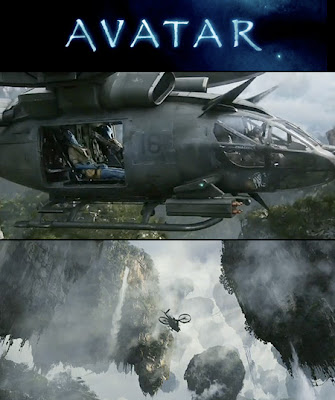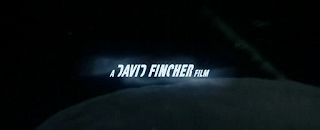These are my visions………
I want to see the web being surf on ANY device. I literally mean anything from my spectacle case to my cigarette lighter to the brick that surrounds the garden of my home. Adding this touch screen device will release us from the chains of a laptop, PC or even an IPhone. After watching the clip on six sense, I realize that this reality is not too far away from us. However, I hope to see it completely materialize soon!
 Predator Wi-fi
Predator Wi-fiSecondly, I hope that not only will we be able to access everything from everything but with also with personalized information. That means that if I were to access the web via my chopping board, it ought to provide information on various kitchen ware and appliances. If I were to access the web from my lighter, it should provide me with different updates on different lighter styles (possibly cool ones). On the flipside, I am expecting health care advocates to depict unpleasant photos of the effects of smoking.
 accessing information on your chopping board!
accessing information on your chopping board!Another far-fetched I have is a “personalized Internet” access account for each and every person. Here, all we need to do is to sign up for this application and it assigns up a “buddy”. This buddy appears whenever we allow it to, via a “accept” button. This friend acts as our secretary and keeps updated information for us but more importantly, converses with us. It’s as if we have a computerize friend. It effectively is our “partner” on the internet searching stuff for us and doing online transactions.
 The internet buddy
The internet buddyIt can talk to us like any human being can and it can make suggestions based on our past purchases or information searches. Even better, It may even help us access information for our research papers and save us the trouble of having to look through countless journal articles (Oh yes, I thought about this in relation to all the suffering I’ve experienced in school with research papers).
I have one more absurd wish for the internet. Considering the fact that we might not need laptops and PCs one day, I am assuming that we’re going to be able to access the web not only using everything but hopefully, using “nothing”, like that in the movie, the Last Action Hero starring Arnold Schwarzenegger When I say nothing, I mean simply the medium of space. Like that in the Minority Report where we see a matrix of information appearing in the middle of nowhere. Now, I do not know the functions for how this is going to materialize but I can envision it. With that, I hope that we can one day teleport ourselves from one place to the next via the internet.
 Tom Cruise in Minority Report
Tom Cruise in Minority ReportOk, this is NOT going to happen in our lifetime I can safely say that plus THINK ABOUT ALL THE NEGATIVE CONSEQUENCES THAT MIGHT SURFACE with this new technology and capability! Criminals will be even more difficult or impossible to track, what about illegal immigrants? I feel that this should only be instilled, if say for instance, such technology do happen one day, by government bodies and officials and should only be reserved for very very special situations!
 Teleporting
Teleporting The Last Action Hero (Teleporting)
The Last Action Hero (Teleporting)Before I go, I leave you with Vinton Cerf, an American computer scientist who is known as one of “the founding fathers of the internet”. He visited Singapore in 2008 and expressed his views about the future of internet then. Three of his man points are the ease of access to the internet which is already happening now with the usage of IPhones via 3G and wi-fi. He also highlights the speed of access and lastly the role that advertising play for the future. ENJOY!








































